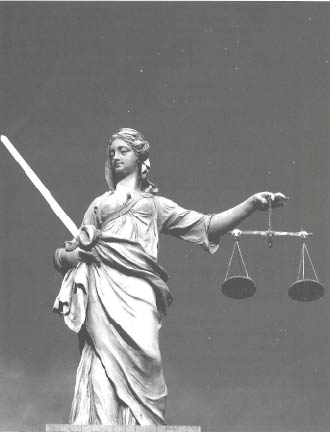Updated May, 2025
In RW 85, Corwin Smidt wrote an article on politics and worship from a United States perspective (“Pulpit Politics: Are They Oil and Water?” RW 85). This time we’ve invited a couple of Canadians to give their perspective on the same topic.
—Editors
The world is full of injustice, war, and despair. The media displays this brokenness in a numbing daily litany that tries to convince us that we are powerless to change things so far from our control. We easily fall into the trap of thinking, “It’s not my backyard and not my problem.”
In stark contrast to that sense of powerlessness, the church makes a bold claim: Our world—that is, the whole world—belongs to God. That hope-filled declaration is a call to passionate, faithful, and, at times, political Christian action for the world.
Just a minute! you may be thinking. Shouldn’t faith and politics remain separate? Certainly, it is right to insist that no faith should be allowed to impose its particular vision of justice in the political arena, and it is important to be prudent in how we link the two. But this does not mean we should abdicate our responsibility for faith-filled justice and worship. To insist that faith be left at the door of public concern about justice is to shut out a good deal of passion, wisdom, and commitment to the good of all.
We live in a “me” culture characterized by despair about the possibility of justice and peace for all. God’s Spirit opens the way to make possible what is impossible. We are called to an audacity that is countercultural and counterintuitive. In addition to audacity in the Spirit we need humility. Our passion and brilliance alone won’t change the world. As members of the global church, we are co-laborers with the Spirit and with one another. Rooting our work in God’s call for justice and in partnership with others plants our feet solidly and gives hope through generations and across cultures.
Our convictions about justice and worship are intuitive: shaped by passionate justice and ecumenical work and nurtured by those around us. We write from a particular calling on the way of shalom from a conviction that the pursuit of justice and peace are acts of worship.
In his article “Pulpit Politics” (RW 85), Corwin Smidt describes three perspectives on the connection between politics and worship: oil and water, caution, and prophetic witness. The doctrine of church/state separation has fostered a culture of individualism and privatized religion. Challenging this oil and water perspective demands prudent, joyful, and prophetic witness.

What Does All This Have to Do with Worship?
Liturgy is something we usually understand as the proclamation of the Word and the ritual actions of worship. In the early church it was understood as public service—that is, a service performed by someone for the benefit of the public. Many of the prophets spoke about the connection of justice and worship, and some were pretty blunt, saying that worship and sacrifice were contemptible when there is injustice in the land. Our act of liturgy then becomes an expression of God’s call to seek justice.
Inspired by God’s Spirit and the wisdom and songs of our sisters and brothers around the world, worship is a declaration of the fullness of Jesus’ promises. Those promises include justice for the vulnerable and the renewal of creation. Bold declarations and passionate action on those promise in worship are a profound expression of hope and a testimony that Christ’s love is for the world.
